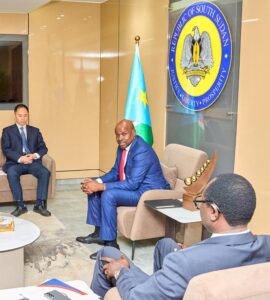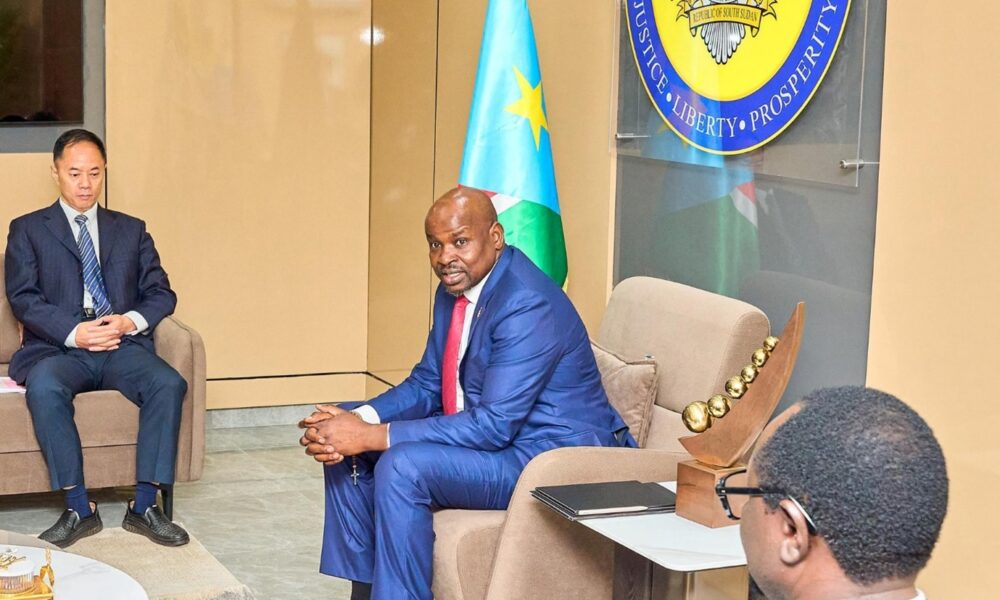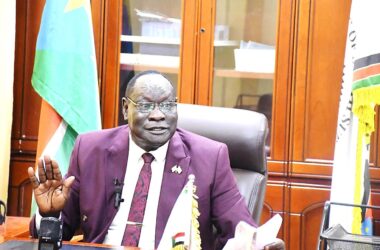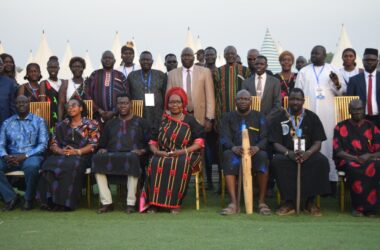
By Lodu William Odiya
Pressure to ensure proper utilization of oil revenue looms as the South Sudan government and partners intensify efforts to boost oil production.
Despite the report of oil resumption this year, the country continues to struggle with several challenges, such as the delay of salaries of civil servants and organized forces.
Some key institutions in the country, including the parliament are affected by the lack of funds to run some of their activities as justified by the Assembly speaker during reopening.
This week the Vice President and the Chairperson of the Economic Cluster, Dr. Benjamin Bol Mel, met stakeholders from the petroleum sector and discussed avenues to boost oil production.
Those who attended the meeting include the Undersecretary in the Ministry of Petroleum, Eng. Deng Lual Wol; the Managing Director of Nilepet, Eng. Ayuel Ngor Kwocgor; and leaders of Joint Operating Companies.
According to the statement from the office of the Vice President for Economic Cluster, the stakeholders reached key resolutions such as the formation of a multi-agency task force to fast-track sector reforms, rehabilitation of critical oil fields to revive and sustain output, development of a skilled local workforce to create jobs and build national capacity, and deployment of modern technologies to increase efficiency and sustainability.
However, some members of the civil society acknowledged the efforts by the government to boost oil production and called for transparency and accountability in oil revenue.
Speaking to this outlet, Ter Manyang, a civil society activist and the Executive Director of the Center for Peace and Advocacy (CPA), called for transparency in the sector.
“South Sudan’s oil sector should have undergone internal auditing since 2011; we have not been audited on where the oil money is going, this has to be done,” Ter appealed.
“The oil production is supposed to have benefits for all citizens, including payment of salaries to civil servants, health, education and those things are not in place, which means the oil money is benefiting only individuals and a few in the country,” Manyang said.
He added that some of the officials, when asked about the whereabouts of the oil money, simply replied that the money goes into individual accounts.
“They will tell us the money going into the pocket of the individual and the money that is not going to the right channel,” he added.
“You see, when this money comes, it is divided among the officials. That is why you see these country people are poor, yet we have our oil,” he added.
He urged the leaders to give government development projects to strong and competent companies.



